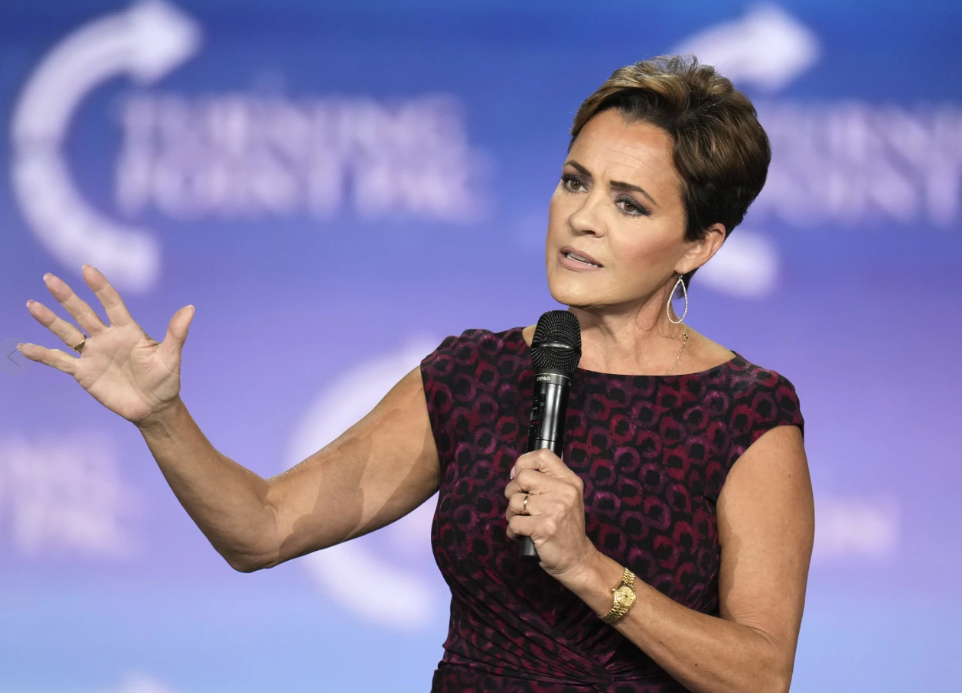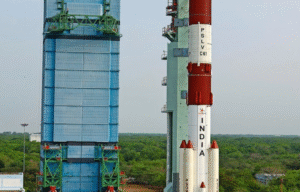The head of Al Hurra, a U.S.-funded Arabic-language TV and online news outlet with an audience of 30 million across the Middle East and North Africa, announced that most of the staff would be laid off and TV programming would be significantly reduced. The cuts were due to the Trump administration and Elon Musk’s actions, which Gedmin accused of “irresponsibly and unlawfully” halting funding for Al Hurra and its sister organizations.
In letters sent to staff members, Al Hurra’s chief, Jeffrey Gedmin, stated that he no longer expected the U.S. government to lift the freeze on the congressionally approved funding. He specifically pointed to Kari Lake, who oversees the U.S. Agency for Global Media (USAGM), the parent agency for Al Hurra and other U.S.-funded news outlets, accusing her of avoiding his attempts to discuss the funding issue.
Gedmin’s frustration was evident in his communications, where he stated, “I’m left to conclude that she is deliberately starving us of the money we need to pay you, our dedicated and hard-working staff.” These messages were part of severance letters sent to employees and posted online by the Middle East Broadcasting Networks, Al Hurra’s parent company.
Mohamed al-Sabagh, an Egyptian journalist working for Al Hurra in Dubai, confirmed that all employees, both at the website and the TV channel, received notices terminating their contracts.
Al Hurra follows a pattern seen in other U.S.-funded media organizations like Voice of America, Radio Free Europe, and Radio Free Asia, which have also been forced to scale back their operations due to what they claim are funding cuts linked to the Trump administration and Musk’s efforts to oversee government efficiency.
Lake, who was appointed to lead the U.S. Agency for Global Media, has described her agency as being plagued by “giant rot,” calling for its complete dismantling and rebuilding. These U.S.-backed news organizations were originally established during the Cold War to provide accurate and unbiased news to audiences in regions where access to free press was limited or non-existent.
Al Hurra was founded in 2004 during the George W. Bush administration, at a time when the U.S. was involved in the Iraq War. The network’s journalists covered the U.S. occupation of Iraq, the subsequent sectarian violence, and other pivotal events across the Middle East. Over the years, Al Hurra faced criticism for perceived bias from both conservatives and liberals, yet it remained one of the few outlets in the region that allowed for free speech and press freedom.
In his letter to the remaining staff, Gedmin said the organization would continue to maintain a limited online presence as it fights the funding cuts in court. He ended by noting that it was senseless to silence “America’s voice in the Middle East.”













